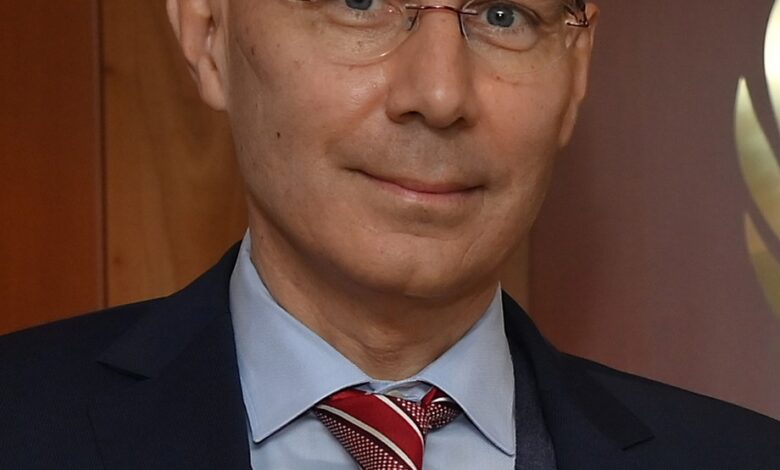UN Rights Office Urges Sri Lanka to Deliver Justice, End Impunity, and Reform Laws

A new report from the United Nations Human Rights Office is calling on the Government of Sri Lanka to seize what it describes as a historic opportunity to confront decades of impunity, implement transformative reforms, and deliver long-overdue justice and accountability for serious human rights violations and abuses, including international crimes.
The report follows the official visit of UN High Commissioner for Human Rights Volker Türk to Sri Lanka, where he met with government leaders, civil society, victims’ groups, political parties, and religious leaders, and visited Trincomalee, Jaffna, and Kandy.
A Call to Acknowledge the Past
Türk urged the Government to begin with a formal acknowledgement of the violations, abuses, and crimes committed by both state and non-state actors during the country’s decades-long civil war, particularly the Liberation Tigers of Tamil Eelam (LTTE). This acknowledgment should also recognise the enduring pain and trauma suffered by victims and affected communities.
“The pain and suffering of victims remains palpable,” Türk said. “Their demands for truth and justice must be addressed, and Sri Lanka must translate its leadership’s pledges into concrete results.”
Structural and Legal Reforms Needed
The report recommends comprehensive security sector reform along with constitutional, legal, and institutional changes to meet Sri Lanka’s international human rights obligations. The reforms are essential, Türk stressed, to achieve the Government’s stated goal of national unity and to prevent any recurrence of past violations.
The UN rights office welcomed the creation of an independent Public Prosecutors Office but called for more targeted measures, including:
-
Establishment of a dedicated judicial mechanism with an independent special counsel to prosecute serious human rights violations and war crimes.
-
Release of military-held land in the north and east.
-
Repeal of the Prevention of Terrorism Act (PTA) and release of long-term PTA prisoners, some detained for decades without trial.
Ongoing Rights Concerns
Despite government pledges to repeal the PTA, the law continues to be used for arbitrary arrests, prolonged detentions, and harassment. The report documents ongoing torture, deaths in custody, and intimidation of civil society actors, particularly those advocating for justice in cases of enforced disappearances, land disputes, and environmental issues.
It further warns against the enactment or continued use of laws that restrict freedom of expression, association, and peaceful assembly, including the Online Safety Act, the ICCPR Act, the draft NGO Bill, and the draft Personal Data Protection Act No. 9.
Economic Crisis and Human Rights
The report links Sri Lanka’s severe economic crisis and debt burden to deteriorating social conditions, especially among vulnerable communities such as the Malaiyahar Tamils in the plantation sector. The High Commissioner urged international financial institutions and external creditors to give Sri Lanka the fiscal space needed to uphold economic, social, and cultural rights, warning that austerity measures should not undermine these obligations.
International Support for Accountability
While the primary responsibility for justice lies with Sri Lanka’s Government, the report encourages international involvement to complement national efforts. It calls on UN Member States to support the UN Human Rights Office’s expanded capacity for accountability-related work and to contribute to reconciliation initiatives.
Türk concluded by stressing that while the Government has opened space for memorialisation and debate, persistent intimidation and surveillance of victims’ families and activists threatens progress. He called for a systematic roadmap to turn political pledges into tangible reforms, ensuring that justice, reconciliation, and the protection of human rights become the foundation for Sri Lanka’s future.
Source link
